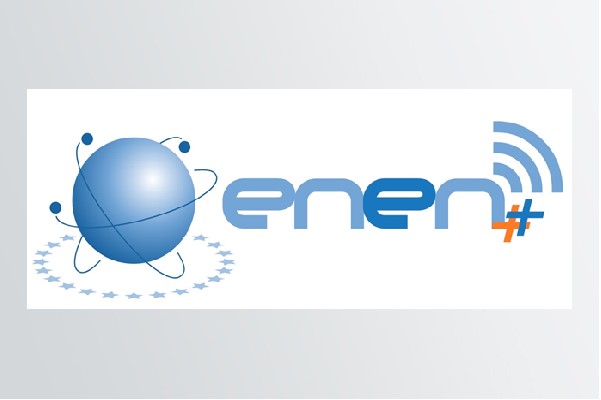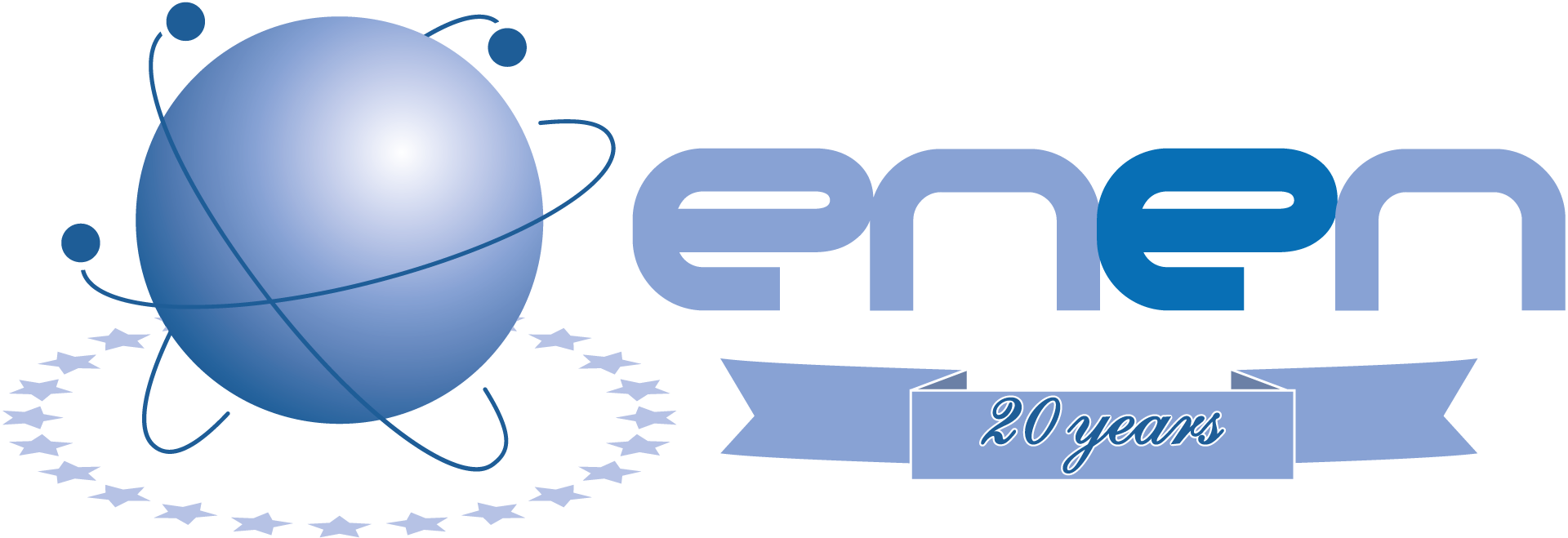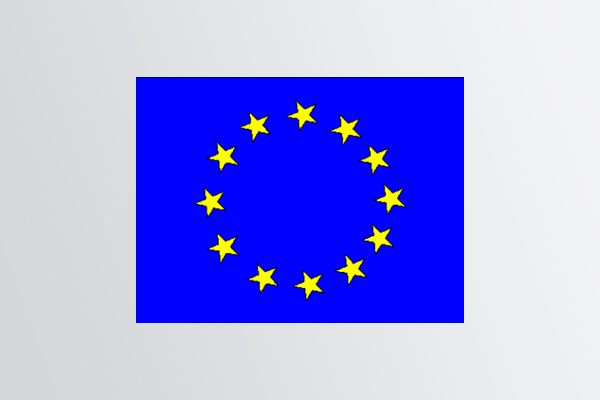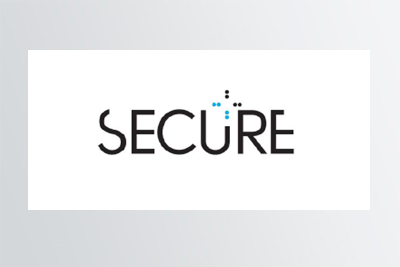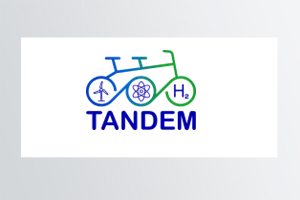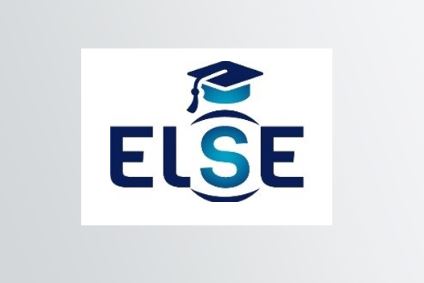PROJECT OBJECTIVES:
The objective of the project is to strengthen the capabilities of the beneficiary NRAs and their support organizations (Ministries and any other associated organizations in charge of safeguards). The project offers opportunities for training and education for the staff, or potential future staff, of these organizations involved in conducting inspections facilitating the fulfilment of the countries’ international safeguards obligations.
This can be achieved by
- the development and implementation of a Nuclear Safeguards Master Program
- implementation of short-term courses (condensed in 1 or 2 weeks)
- active participation of tutees in hands-on training sessions
The project will focus on providing sustainable education and training program at the Master level or even a Master after Master, based on a multi-national level. This approach will allow for high-quality standards and consistent training content but also enables the trainees from the participating organizations to be more versatile and to develop a network of knowledge within EU member states.
The main project website can be reached at http://nuclearsafeguards.eu/

